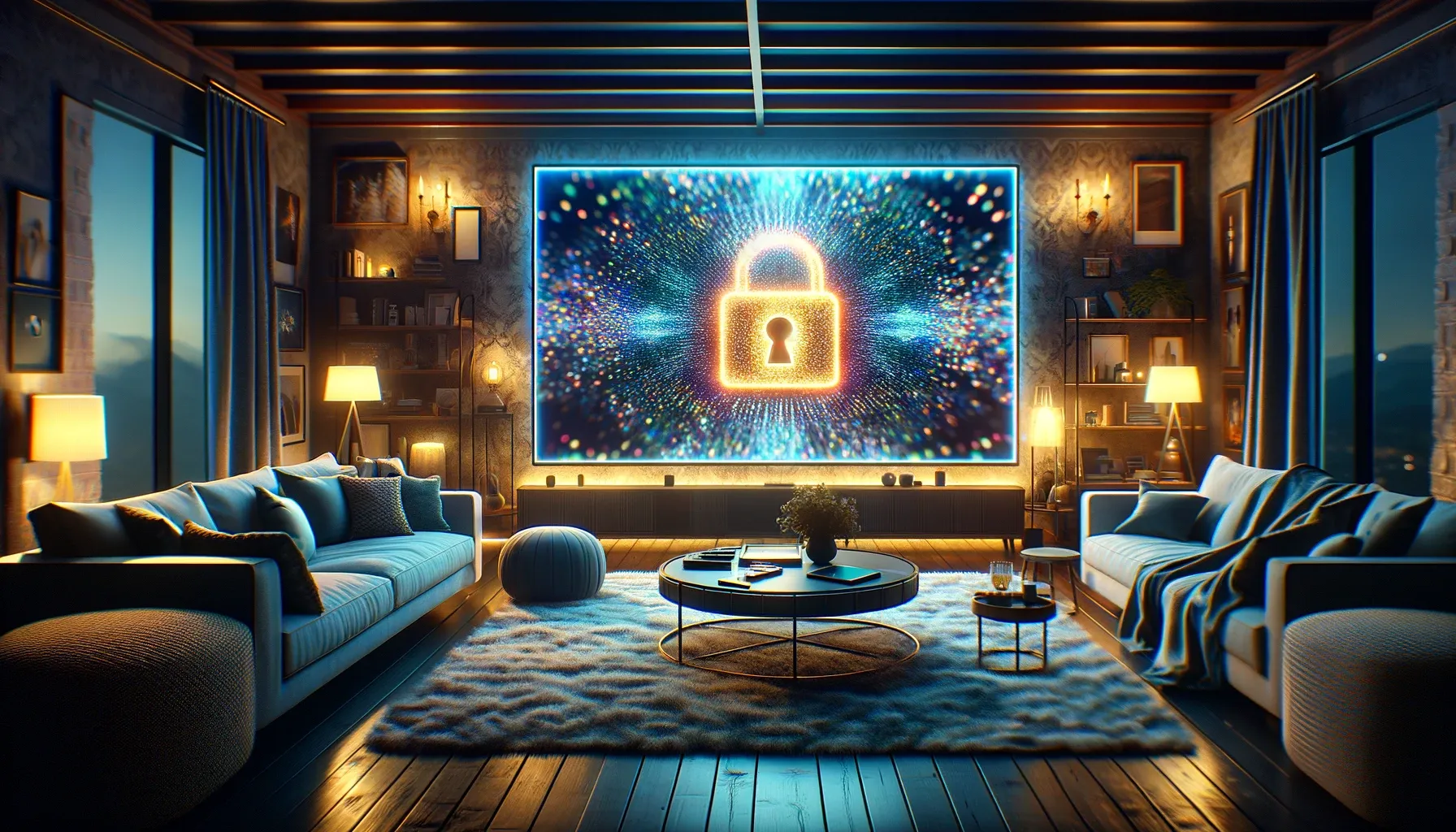Keeping Our Stories Safe: How Secret Codes Protect Our Favorite TV Shows and News

Let's imagine you have a special recipe that you only want your family to know about. To keep it safe, you write it down in a secret code. Only your family knows this code, so even if someone else finds the recipe, they can't understand it. This is a lot like what encryption does for TV shows and news that are sent over the air or through the internet.
Why Using Secret Codes (Encryption) is Important for TV and Radio
- Keeping Secrets Safe: Just like your secret recipe, some information should only be for certain people. Encryption makes sure only those people can see it.
- Making Sure the Recipe Doesn't Change: It also keeps the information from being changed by someone else. If you don’t want anyone adding salt to your sugar cookie recipe, encryption helps protect it from tampering.
- Who Can See the Recipe: It controls who can see the shows or listen to the broadcasts, like how some channels are only for people who pay for them.
- Following the Rules: Sometimes, there are rules about who can share and watch certain things. Encryption helps make sure these rules are followed.
How Do They Keep the Secrets?
There are a few ways to keep these secrets safe:
- Simple Secret Codes: Some codes use the same secret key to lock and unlock the information. It's like having a key that both locks and unlocks a treasure chest. This method is quick and works well for live TV.
- Complex Secret Codes: Other codes use two keys: one to lock (or encrypt) the information and another to unlock (or decrypt) it. This way, even if someone knows the key to lock it, they can't unlock it without the second key.
- Mixing Both Methods: Sometimes, they start with the complex method to safely share the key and then use the simple method to keep sending the information quickly.
Challenges with Secret Codes
Even though secret codes are helpful, there are some challenges:
- Sharing the Key: Making sure the right people have the key without the wrong people getting it can be tricky.
- Avoiding Delays: Sometimes, adding a secret code can slow things down, which can be a problem for live TV.
- It Can Get Complicated: Setting up and using these secret codes can be complicated and expensive, especially for smaller TV stations.
- Keeping Up with Tricksters: As tricksters get smarter, the secret codes need to be updated to stay ahead.
What's Next for Secret Codes?
Looking ahead, there are exciting things on the horizon:
- Even Better Secret Codes: New technologies might make these codes so good that nobody can break them.
- Easier Ways to Share Keys: Innovations could make sharing the secret keys simpler and safer.
- Smart Helpers: Artificial intelligence could help predict and stop tricksters before they can cause trouble.
Wrapping It Up
In simple terms, encryption is like a secret code that keeps TV shows and news safe from prying eyes and ensures only the right people can watch or listen to them. Despite some challenges, there's a lot of smart work being done to make these secret codes even better in the future. It's all about keeping our favorite stories safe and sound, just like your family's secret recipe.
